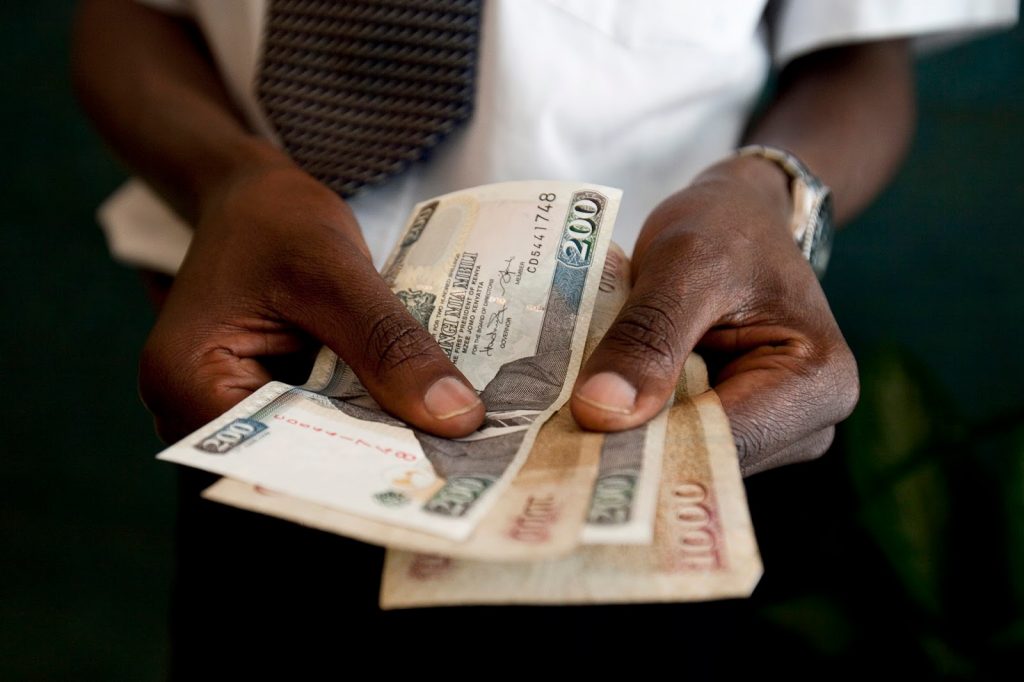Business
10% of Kenyans completely unable to service their loans says report

Half of Kenyan households have struggled to keep up with their loan payments due to the negative effects of the Covid-19 pandemic on their livelihoods, a new survey by financial recovery firm Collect Pro has revealed.
The firm conducted a survey to understand the burden of debt on individuals brought about by the depressed economy attributed to Covid-19 Pandemic.
Dubbed the , the study uncovered hard-hitting realities for individuals and institutions alike, which if not addressed will accelerate the downward spiral of the current credit crisis in the country.
10 percent of the surveyed households reported they are unable to service their loans at all, with another 13.6 percent falling significantly behind in their payment obligations.
A quarter of the respondents (24.9 percent) said they are slightly behind in their loan servicing obligations, with the survey also finding that that a third (37.5%) have already taken advantage of the moratorium on repayments to ease their repayment burden.
According to Timothy Gathima, Founder of Collect Pro and Credit Expert at the SNDBX:
“Those who fall in the categories of non-payment (10%), significantly behind (13.6%) and slightly behind (24.9%) should expect a change in their credit rating with their banking institution and possible listing with the Credit Bureaus.”
“Unfortunately, the findings validated our assumptions. This group of borrowers almost exclusively fall within the personal/household categories of the loan portfolio and will represent new Non-Performing Loans (NPLs) in that category of loans, becoming a burden to banks and a risk to non-bank lending institutions in the near future.”
The survey was conducted in partnership with the SNDBX in August and September 2020, comprising a sample size of 221 households across the country.

A secondary loan-defaulter risk category was those with full time jobs (58.9%) but also had a side hustle (35%) and were borrowing to support their small and micro enterprises. With the businesses yielding little to no returns in a Covid year, this category is also in the red.
Finally, the report showed that, though commercial banks dominate the lending space (58.3%), there is an increase in the number of individuals borrowing from savings and credit cooperatives (37%), friends and family (31.9%), business credit (15.7%) and from mobile lenders (25.9%).
“The survey confirmed that borrowers are opting for non-bank lending institutions despite high lending rates for short-term access to credit. This kind of debt accrues fast, thrusting the individual into a vicious circle that reinforces the adage – borrowing Peter to pay Paul,” added Mr Gathima.
The Collect Pro Indebtedness Survey comes against the backdrop of the Central Bank of Kenya Monetary Policy Committee report released at the end of September that showed personal/household loans amounting to Sh271 billion—equivalent to 33 percent of the gross loans to this sector—had extended their repayment period by the end of August 2020.

You must be logged in to post a comment Login